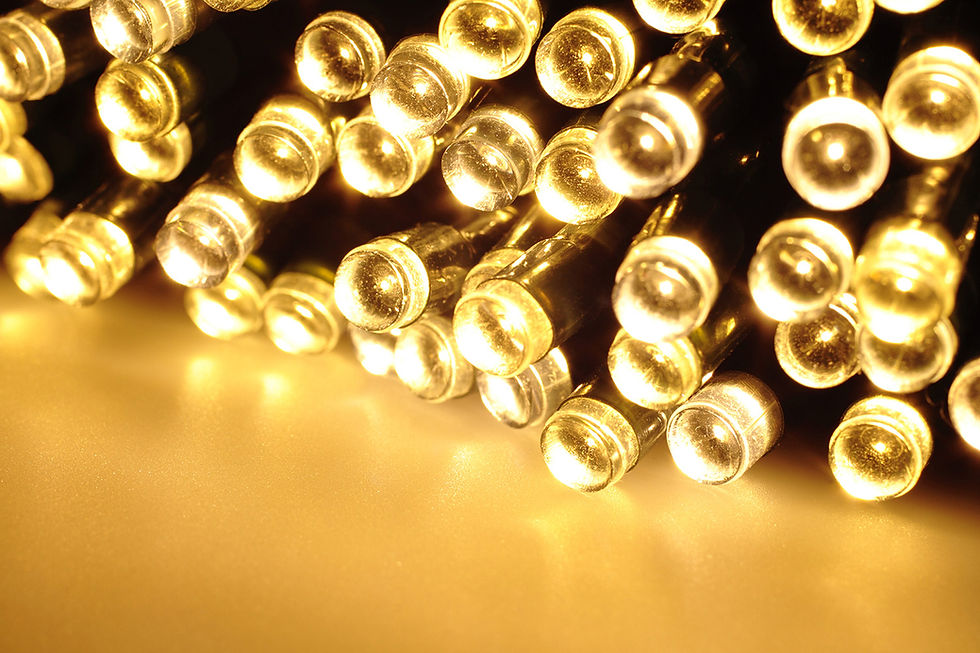10 Daily Habits To Be More Eco-Friendly

*Here are some habits that we as individuals can practice by incorporating into our daily lives and routines in order to minimize waste and become more eco-friendly:
1 Opting for glass instead of plastic.
This is an obvious one, but I am guilty of this. Though I would opt for plastic that still says BPA free, I always found it was a lot lighter to carry my lunch and snacks as opposed to using all glass. It's worth the switch, as glass is much more sustainable, much easier to clean and seals better.

2. Opt to buy things in bulk where and when you can, as opposed to constantly repurchasing packaged products. For instance, if you are buying nuts and seeds, as opposed to getting it prepackaged, opt for bringing your own mason jars/canisters to the store. One thing I have noticed is when you buy items like granola, cereal or certain types of pasta, they tend to get stale quicker after they have been opened. By using canisters with secure lids or even wide-mouthed mason jars it extends the shelf-life of these dried goods as you are retaining their freshness by ensuring that your food is sealed airtight.

3. Carry cloth/fabric bags when you go shopping. In Canada there is a fee of 5 cents anytime you ask for a plastic bag. Though it acts as a minor disincentive for those who do not bring their own bags, it just makes more sense to use a more durable bag to begin with. Think about how much plastic we could reduce if everyone decided to opt for fabric bags when shopping.

4. Go shopping with a grocery list. It's tempting to just pick up everything that looks good in sight. But when you go prepared with a list of items you need to get, not only are you making a more informed purchasing- decision, but there is less likelihood that you will be browsing aimlessly and impulse-buying items that you don't need. This is also where meal prepping comes in handy as you will know just exactly what items you need to make the meals you will be preparing. It all comes down to planning, planning, planning!

5. Bring your own re-usable utensils whenever you go out (e.g. made out of bamboo, steel, etc). If you happen to eat a takeaway, you are always prepared. If you are a coffee or tea drinker, bring a reusable mug with you. I like using an insulated glass one for my coffee and tea. By the same token, invest in a durable water bottle that is made out of glass or steel.

6. Whittle down your wardrobe to the stuff you know you love and where consistently. Also have a look at the items you own multiples of. This is one thing I have found useful when donating/selling items. I realized I had multiple versions of things (e.g. the same type of jeans or the same version of a jumper, or even the same type of boots) but realistically I would only wear the one version consistently - so find that item for you and stick to it. By performing this exercise it sets you up to be more mindful the next time you are shopping as you will remember "oh right, I already own like 6 of the same pair of pants, I really don't need another one...".

7. Try to opt for natural cleaning products. Conventional cleaning products, albeit cheap and get the job done- have harmful chemicals that pose risks such as inhalation toxicity, combustibility and absorb into your skin. One thing you will notice when switching to natural alternatives is the difference in air quality. Refer to my post on my favourite essential oils and their uses for some natural alternatives to cleaning your home.

8. Hang-dry your clothes after wash. Hang drying your clothes not only reduces your carbon emissions but is also a good tip to add to the longevity of your garments. Not many high quality pieces are meant to be tumble- dried to begin with. By the same token, look at the products you are washing your clothes with. I get that if you are on a budget, Dollarama is seriously tempting as you can purchase an entire bottle of laundry detergent for $2, but there are natural alternatives that you can DIY for an equivalent cost.

9. Invest in reusable batteries. In my house we go through alot of AA batteries. In the past, I would attempt to cut costs at any chance, so buying them in bulk seemed like a viable option. The problem is, usually the cheaper batteries do not have a long lifespan so you end up going through much more than anticipated. I am not telling you to go and change all of the batteries in your home to reusable ones, but it does make sense for moderate to high current draw devices that get moderate use. These are typically devices that need a battery change every 30-60 days.

10. Opt for LED lights. LED lights can be used both indoors and outdoors and have much more of a varied use nowadays than in the past- they are no longer this weak and shiny white light. The benefit of using LED lamps for instance is that they are 10x more efficient than halogen lamps and do not get hot like traditional lamps, so you can safely place it close to the ceiling without the risk of fire. Overall, LED results in lower power consumption thereby lowering your energy bill each month.

.jpeg)